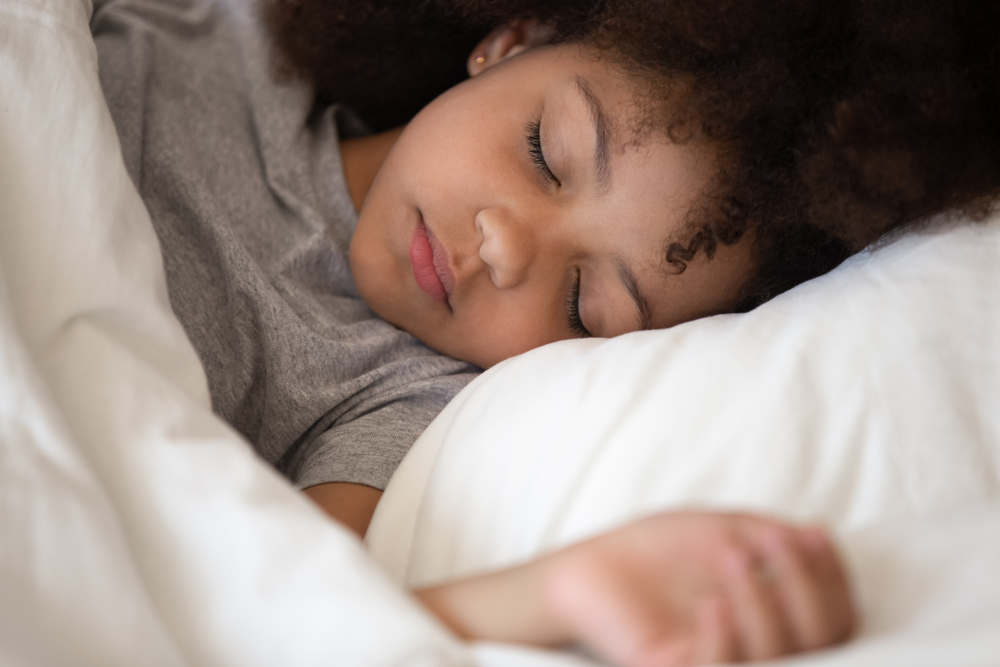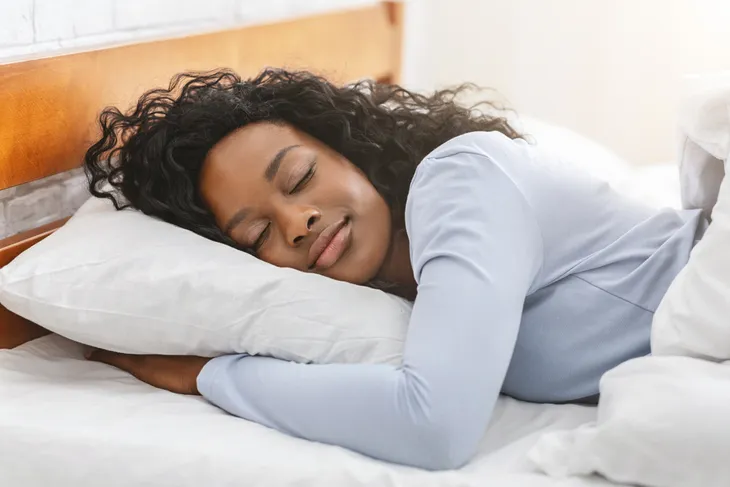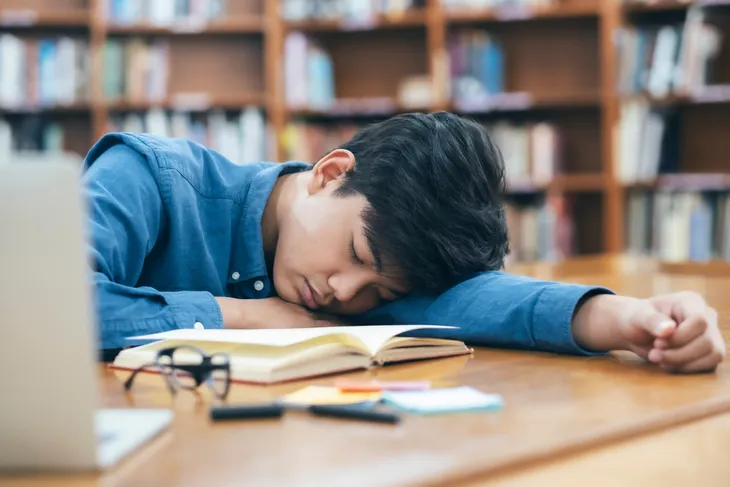Curious Kids is a series for children of all ages. Have a question you’d like an expert to answer? Send it to CuriousKidsCanada@theconversation.com.
What happens to your brain if you don’t get enough sleep? — Avery, age 7, Napanee, Ont.
Sleep may be the single biggest factor in maintaining a healthy brain and positive mental health. This is especially true if you are under the age of 20.
What is interesting — and problematic — is that most of us live with a sleep debt: in essence we are not getting enough sleep, so we are constantly sleep deprived. And living with a sleep debt has a negative impact on brain function.
One of the most common signs of having a sleep debt is feeling like you are in a brain fog, where things are not as clear and focused as they should be. A lack of sleep can also make us more emotional and can contribute to depression. Further, having a sleep debt can impair all of your brain’s systems — the ones that support perception, memory, attention, decision-making and even learning.
As a neuroscientist, I am extremely interested in the factors that impact brain health and function. Research by my own laboratory, the Theoretical and Applied Neuroscience Laboratory at the University of Victoria, demonstrated that sleep is the single biggest predictor of your brain’s ability to form new memories.
How much sleep do people need?
You might wonder what a normal amount of sleep is or if you are getting enough sleep. Doctors and researchers recommend between seven and nine hours of sleep per night for adults. If you sleep more than that, it is worth talking with a doctor because oversleeping can be bad for you as well.
However, it is different for kids. Just after they are born, babies might need to sleep up to 17 hours a day, and they will not reach the seven-to-nine-hours range until the end of adolescence. School aged children (ages six to 12) typically need nine to 12 hours of sleep per night, and teenagers need between eight and 10 hours of sleep a night.
One interesting thing that science has shown us is that the circadian rhythm — our bodies’ natural clock cycle that determines when we sleep — is different for teenagers than younger children and adults. Teens’ desire to stay up late and sleep in is completely natural.
How sleep works, and how it affects brain function
Humans cycle through five different stages of sleep each night: NREM1, NREM2, NREM3, NREM4 and REM sleep.
REM stands for “rapid eye movement” and this is when we dream. NREM stands for “non rapid eye movement” and the stages are ranked from light sleep to deep sleep. Light — especially NREM2 — is a critical stage of sleep when memories form. NREM3 and NREM4 are crucial for your body to recover from injuries and to have energy for the next day.
In terms of how a lack of sleep impacts brain function, the most prominent working theory is that when we are sleep deprived, it reduces the ability of neurons — the cells that make up our brain — to communicate with each other. That means our brains do not function as effectively, which leads to reduced brain function, poor brain health and potentially even mental health issues.
How to get quality sleep
What can we do to improve the quality of our sleep and avoid having a sleep debt? First, try to go to bed at the same time every night and try waking up at the same time every day. A good metric of having good “sleep health” is the ability to wake up at close to the same time every day without needing an alarm clock.
It’s important to know that you cannot oversleep to make up for a lack of sleep. In fact, sleeping in on the weekend is one of the worst things you can do to recover from a sleep deficit.
Another thing you can do to improve the quality of your sleep is to avoid looking at screens — phones, computers, TVs — before you go to bed. The technology used to make these screens has been shown to increase alertness, making it hard to fall asleep.
Also, make sleep a priority — it is better to go to sleep and let your brain recover than it is to stay up late studying. In fact, one of the best things you can do at school to improve how well you learn is to get a good night’s sleep.
Finally, having a healthy, well-balanced diet and getting sufficient exercise have also been shown to improve sleep health and sleep quality.
So make sure you get enough sleep. Not getting enough sleep is associated with reduced brain health and function, and can even lead to mental health problems such as anxiety and depression.
Olave Krigolson, Professor, Neuroscience, University of Victoria
![]()
This article is republished from The Conversation under a Creative Commons license. Read the original article.






